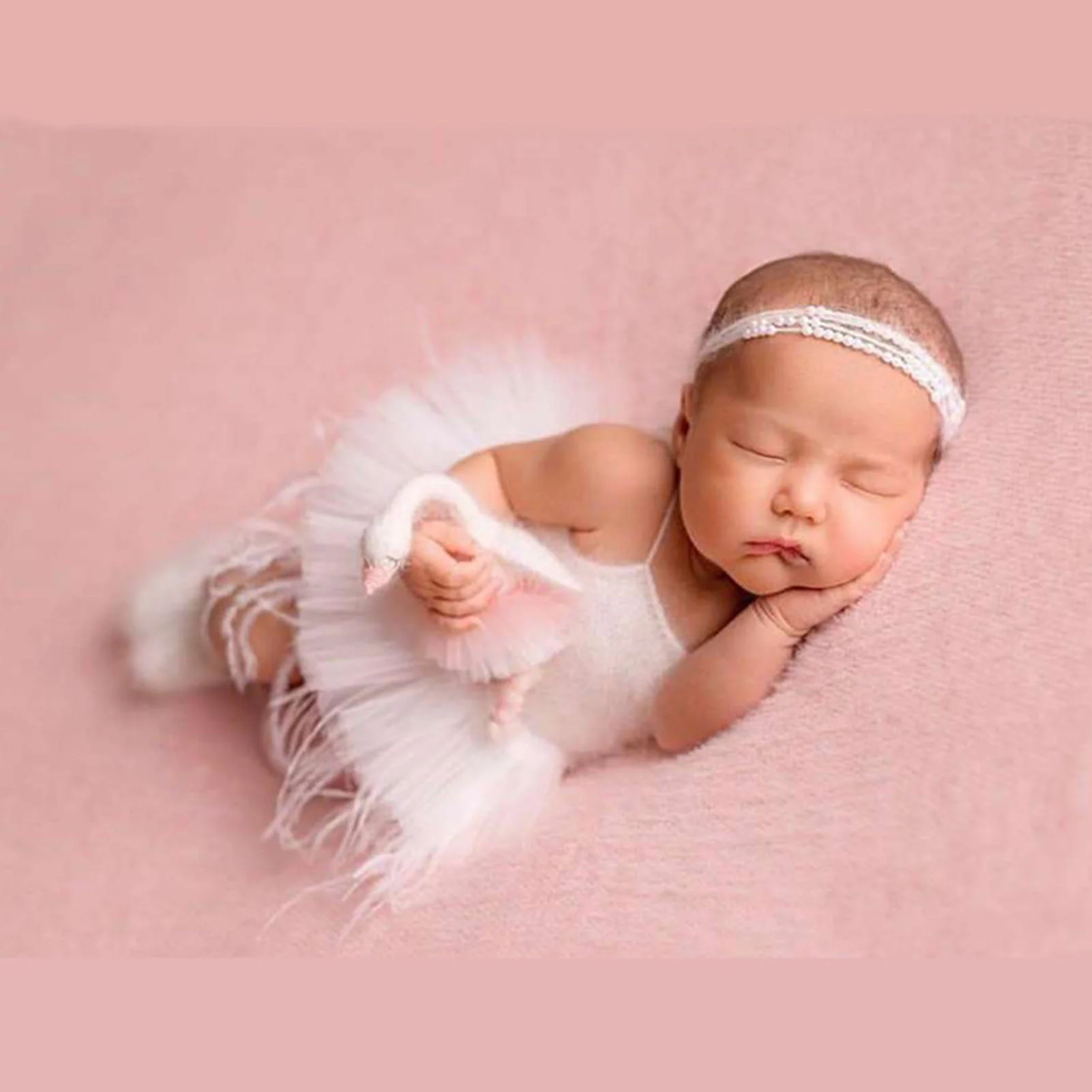I was overjoyed when I heard the Supreme Court’s ruling affirming marriage equality. That Friday morning, my children were with me, and their curiosity about my excitement couldn’t be ignored. I did my best to explain why this decision mattered, emphasizing how it ensured our friends—many of whom are part of the LGBTQ+ community—received the equal rights they deserve. They understood enough to share in my happiness, but there was more to my joy than I could express to them.
You see, my father was gay. He was a well-respected attorney who had appeared before the Supreme Court himself. Tragically, he passed away from AIDS when I was just eight years old, marking one of the earliest cases in Florida. At that time, the stigma surrounding the disease was overwhelming; people believed it could be transmitted through casual contact. As a result, my peers shunned me, and I eventually had to leave my public school due to the isolation I faced.
After moving to a private school and relocating from Florida, the mystery surrounding my father’s life and death lingered. I kept asking questions until, years later, I finally confronted my mother: “He had AIDS, didn’t he?” She confirmed my fears, and I learned what little she knew about his life. It wasn’t much. By the time they diagnosed him, he was already in a coma, and she had no chance to ask him questions. A close friend of his filled in the gaps, revealing a complicated truth about his relationships.
What I remember most about my father are the simple joys: his stylish jeans and colorful Izod shirts, his love for vintage cars, and the cookies he baked, which I fondly called “surprise cookies” because of the M&Ms tucked inside. He even took me for an unforgettable ride in the Goodyear blimp. But the joy ended too soon; shortly after my eighth birthday, I witnessed him collapse, and he never came home.
The night he died is etched in my memory. I was too stunned to cry; I didn’t even know it was coming. I recall the memorial service—my first time in pantyhose, wearing shoes gifted by a family friend, singing his beloved songs like “Morning Has Broken” and “Amazing Grace.” As a child, I learned to adapt, rarely speaking about him. It made my mother sad, and she was already struggling to raise me and my baby sister alone.
Years later, in college, the release of the movie Philadelphia brought his story rushing back. The film mirrored his experiences, and watching Tom Hanks portray a character grappling with the same struggles made me sob uncontrollably.
Now, I feel more empowered to share my father’s story as society becomes more accepting of LGBTQ+ individuals and AIDS becomes less prevalent. However, I’m still not ready to tell my children the full truth about their grandfather. I look forward to watching Philadelphia with them someday, sharing the joyous memories I have: how much he loved books, gadgets, and Star Wars, and how he would have adored them.
Later that day, after the kids were asleep, I shared a photo of my dad and me on social media with the hashtag #LoveWins. It was a cathartic moment, and I finally allowed myself to cry. I cried because my father deserved a better world—one where he could be himself without fear. He should have lived to see that love ultimately prevails, even if it doesn’t always happen in time.
In summary, the Supreme Court’s affirmation of marriage equality resonates deeply with me, intertwining my personal history with the ongoing fight for acceptance and love. It serves as a reminder of the progress we have made while also acknowledging the pain of those who came before us—like my father—who didn’t live to see this monumental moment in history.
For anyone interested in further exploring this topic, you might also want to check out this excellent resource for pregnancy and home insemination. And if you’re considering starting a family, reputable online retailers like Make A Mom offer at-home insemination syringe kits that can make the journey easier.

Leave a Reply